In January I travelled to Nepal with a group of amazing women (and one amazing man) to see the work of Baptist World Aid and their partner NGO, United Mission to Nepal (UMN). We travelled for 8 days through rural Nepal and visited some inspiring women and children who are flourishing in business, education and community. It was an incredible experience that I hope has changed me forever.
“Raising a daughter is like watering your neighbour’s garden.”
-Hindu saying
Our travels through Nepal were coming to an end, but before we were to fly back to the luxury of our Kathmandu hotel, we had one more community to see. It was to be a much more sobering visit than the previous days, and I believe it might have been too much for me had I not already stored up so many mental pictures of great hope. I’m thankful to BWA that they knew this already, and saved the hard part till last…
We had travelled out of the hills to an area closer to the Indian border. The mountains were behind us and this area was flat and much warmer than where we had been. We were going into a village where UMN was at the very earliest phase of their project. They were just beginning to assess the needs of the people, with an eye out for the most vulnerable in the community. It didn’t take us long to see who these people were: the women of the town, especially the widows and the girls.
UMN had given advance notice of our visit and had asked if any teenage girls in the town would like to come out to meet seven women from Australia. Only three were given permission to come and we sat with them in an open area. Many men came out to look on as we spoke with them. It was tense and weird and clearly not the time for photographs.
We asked the girls some questions. Our questions were a little naïve.
“What do you like to do for fun?” I asked.
“We are not allowed to have fun,” was the reply.
“Do you go to school?” Lara asked.
“No, I am not allowed to go to school. I went for one year when I was younger.”
“Would you like to go?” Steph asked gently.
“Yes, I really would,” she said, and tears welled in her eyes.
But even if their parents did want to risk letting them walk to school, they are worth more in the field than the classroom.
We didn’t talk to them for long. The looming presence of fathers, uncles and older women was slightly disconcerting. We didn’t want to put the children under any more pressure.
We walked down to the school where UMN had given a general invitation to any women in the town to come and chat with us. We sat through some formal chats with men who led the school. They seemed to be advocating for their needs. (A fence around their school, windows on the classrooms, a well to replace the stolen one…) All of the women, us Aussie ladies included, sat and waited. After a while, the men left and we were alone with the women.
These women were unlike those we had met in previous days. They were very shy and reserved, uncomfortable with us, and a little uncomfortable with each other. I had the privilege of being the group photographer, so while the chat went on, I was able to move among the group and take photographs. With permission given via hand gestures, I took a photo of one older lady. After I showed her the picture she tried to tell me something. She didn’t seem to realise that I didn’t understand her, and seemed quite insistent that I know. An interpreter, a UMN staffer came over and told me what she was saying, “I’m sorry my face is sad. My husband just died, and because I am a woman, no one really cares.”
I looked back at her in shock and my heart ached for her. I wanted to tell her how sorry I was. I took her hand and held it in mine, and all three of us; the lady, the interpreter and me, had tears spilling over. We sat and held hands for what felt like forever. I looked into her face, wanting her to know that I cared and that she mattered.
The women in this group shared that they felt their lives were hopeless. They felt they were of little value to their community. None of them had gone to school. They work all day in the fields. They expressed their fears for their daughters.
To educate a daughter was to saddle yourself with great debt. This community practised arranged marriage, and a dowry had to be paid to the husband’s family. The women explained that often you would need to buy the husband a motorbike, and give his family a large sum of money. And there was the heartbreaking revelation that if the daughter was educated, the dowry would be higher.
One woman told us that she had sold a large portion of her land to pay for her daughter’s dowry. It was devastatingly unfair.
Carolyn Custis James writes in Half the Church, “the world is a sinister, frighteningly unsafe, degrading place for millions of daughters who are powerless to stop what is happening to them. Honour killings, sex trafficking, child marriages, female infanticide, and stranded and impoverished widows are not yesterday’s news. They are happening at this moment to a catastrophic number of women- wildly beyond epidemic levels. It is simply mind-numbing.”
Custis is not wrong. I saw evidence or heard whispers of most of those things that day in the community.
I would have walked away from my conversation with those women full of despair, but I knew what was coming for them. UMN was coming to help them. In their gentle, unobtrusive way, they were coming to teach and train, lead, encourage and EMPOWER.
I had seen the work of Baptist World Aid and UMN change lives in communities like this. I knew that the light was soon to break through the darkness, and that hope would replace despair.
In some parts of the world, women are being told, “you can be anything you want to be!” It is a reality for my own four daughters.
But as I have seen, there are also places where women are dying simply because they are women.
But when women are educated and empowered to contribute, communities, children, education, health and economies flourish.
I am convinced that the work of Baptist World Aid and their partner UMN is helping whole communities flourish.
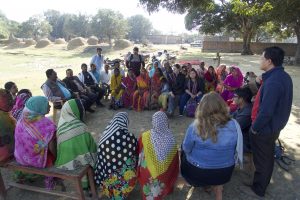
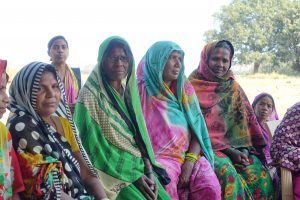
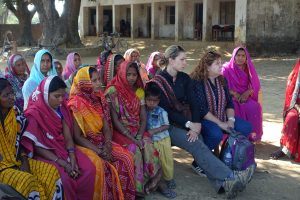
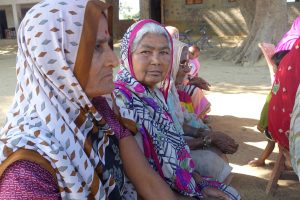
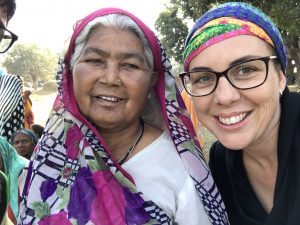

Several Women’s Conferences around Australia this year (‘Anew’ Conferences throughout Queensland, ‘Together Conference‘ in the Northern Territory, and (my own event) Fresh Conference‘ in Western Australia) will raise funds to help the women in this particular community. I am so excited that we can play a very significant role in improving the lives of the women I met with. I know that with the help of Baptist World Aid and UMN, they are going to go from strength to strength. If you are a woman in any of these states, please come along!
If you’d like to learn more about the work of Baptist World Aid, or to make a donation, please visit www.baptistworldaid.org.au.
Other entries in this series:
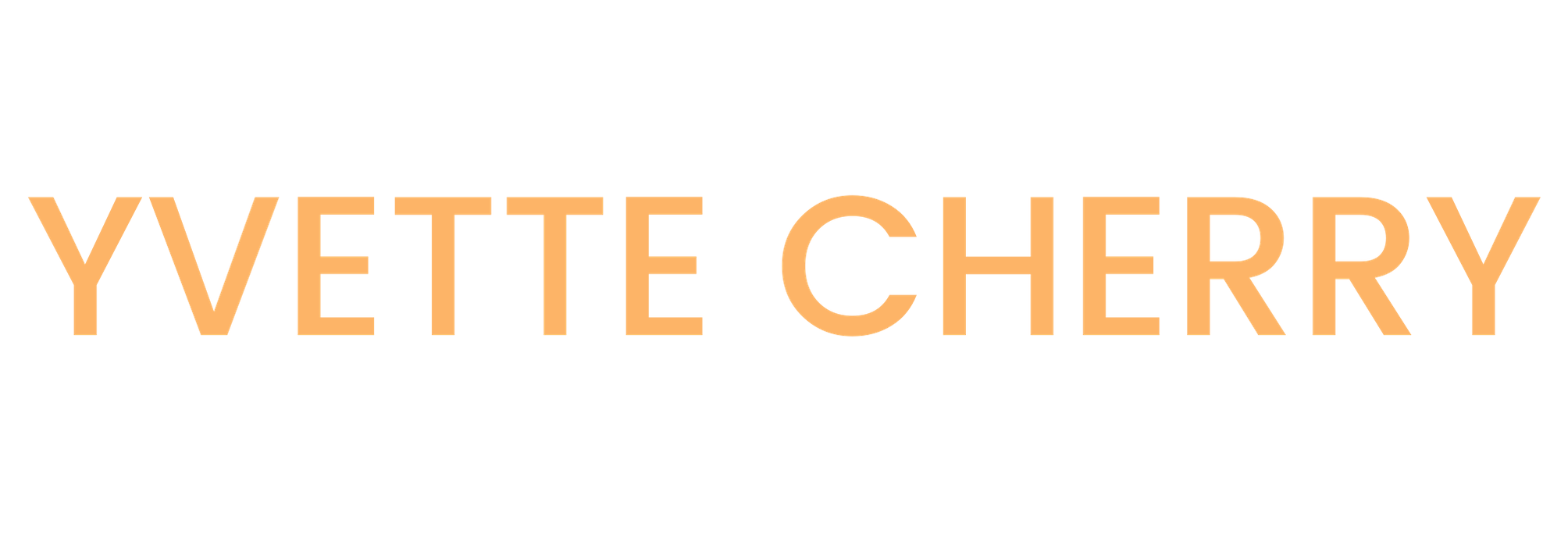
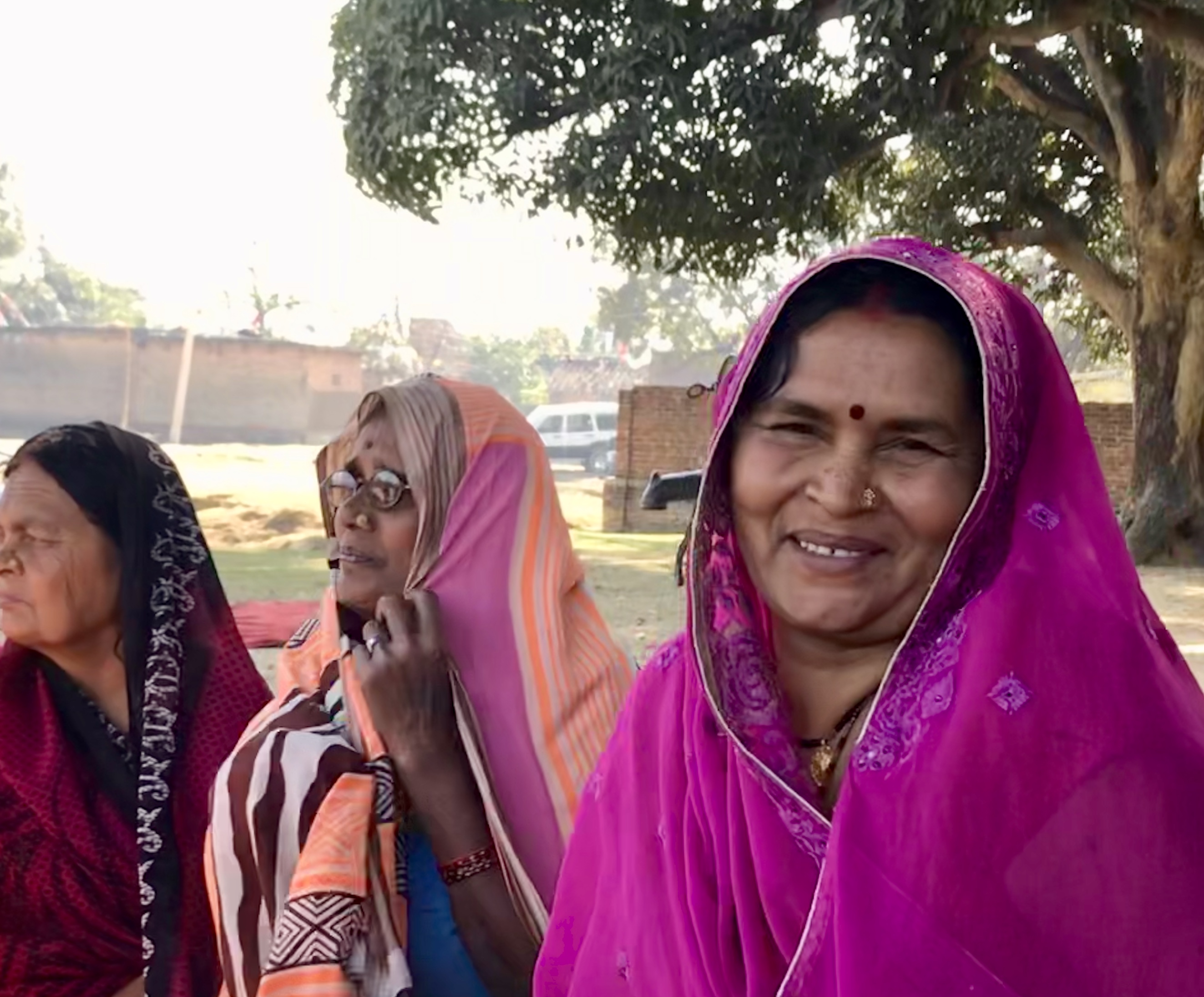
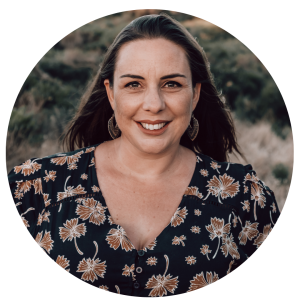
Hope is priceless.